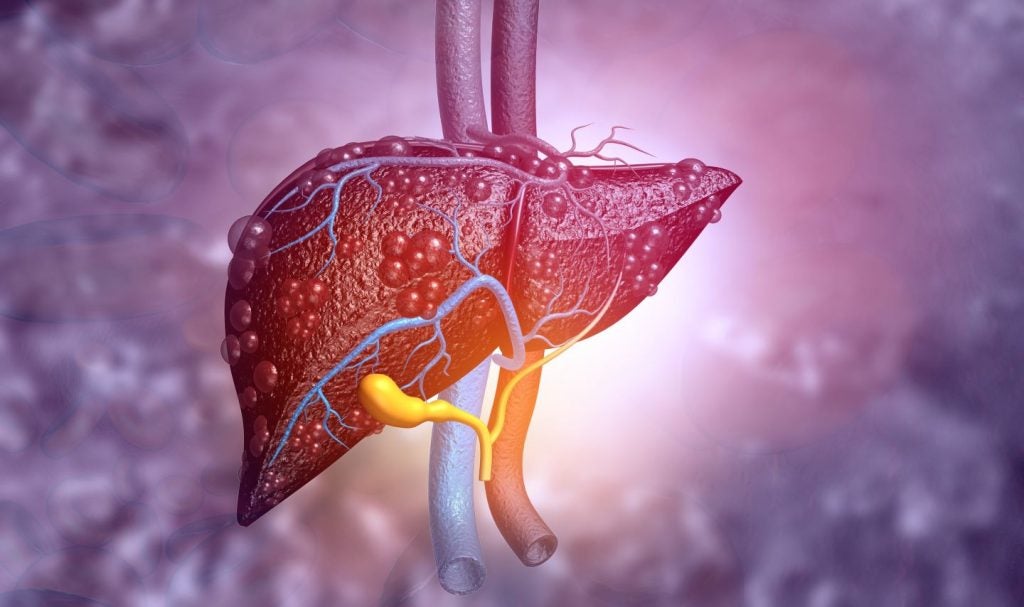Takeda has reported positive interim data from a Phase II clinical trial of mezagitamab (TAK-079) in patients with persistent or chronic primary immune thrombocytopenia (ITP).
The study, known as TAK-079-1004, is a randomised, double-blind, placebo-controlled trial that assessed the tolerability, safety, and efficacy of the antibody in individuals with ITP.
Mezagitamab, a fully human IgG1 monoclonal antibody, targets CD38-expressing cells, including plasmablasts, plasma cells, and natural killer cells, leading to their depletion.
The trial assessed three varying doses of subcutaneous mezagitamab compared to placebo, administered weekly for eight weeks to patients with chronic (over one year) or persistent (three to 12 months) primary ITP.
An interim analysis of the ongoing study revealed positive safety and efficacy results.
The treatment was generally safe and well-tolerated across all cohorts in the trial.
Notably, all doses of mezagitamab assessed offered a higher platelet response rate compared to placebo. The increases depended on the treatment doses, with the most significant response observed at the highest dose.
Patients treated with mezagitamab experienced a rapid increase in platelet count, which was sustained after the therapy concluded.
In light of these positive results and on holding talks with global health authorities, Takeda is planning to launch an international Phase III trial of mezagitamab for ITP in the fiscal year 2024.
The US Food and Drug Administration previously granted orphan drug and fast track designations for mezagitamab for the treatment of ITP.
As mezagitamab progresses to Phase III for ITP, Takeda anticipates having five new molecular entities in Phase III development in fiscal year 2024.
These include TAK-279 for psoriasis and psoriatic arthritis, TAK-861 for narcolepsy type 1, soticlestat for Lennox-Gastaut syndrome and Dravet syndrome, and fazirsiran for α1-antitrypsin associated liver disease.
Takeda gastrointestinal and inflammation therapeutic area unit head Chinwe Ukomadu said: “These Phase II results demonstrate mezagitamab’s compelling disease-modifying mechanism of action, which has the potential to achieve disease remission for people with ITP.
“There remains considerable unmet need among ITP patients who may not respond or have inadequate response to prior treatment. In addition, some patients who do respond to available therapies struggle to manage side effects or relapse despite treatment.”
The latest development comes after the company reported positive findings from Phase IIb trial of TAK-861 for treating patients with narcolepsy type 1 (NT1).















